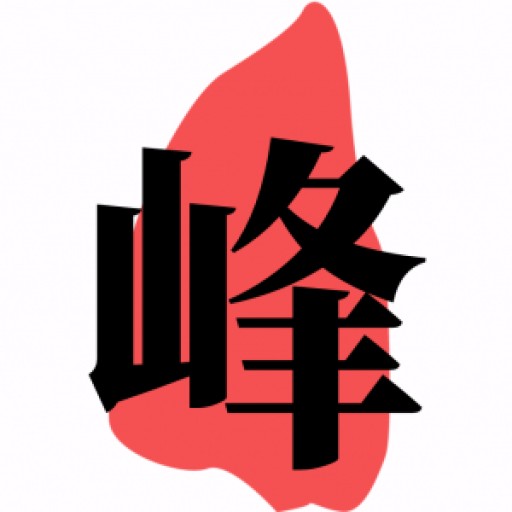我们得明白,"可爱"一词通常与天真无邪、童真或纯真无暇的特质紧密相连。在某些文化和语境中,尤其是在,对于成年人频繁使用 "cute" 可能会被误解为带有某种非正式或不适当的意味。
因为 "cute" 一词往往用来描述外观或行为给予人的孩童般兴趣的感受。然而对于成熟的人群,他们更倾向于使用更加中立、正式的语言风格来表达赞美或欣赏之情。
如何用英语表达“你好可爱”?
方式一:You look adorable today!
"Adorable" 是一个形容词,常用于形容某人或某物极尽可爱、迷人之处,通常用于表达对他人的外表或行为的赞美。这一用语适用于成年人,能够传达出积极和欣赏的情绪,避免可能涉及的过于幼稚或不适宜的语境。
.
方式二:Your outfit is really cute!
这句话的意思是“你今天的穿着非常可爱!”在这种情境下,用“cute”来形容他人的衣着,通常是表达对对方穿搭风格或外观的喜爱和欣赏。它传递出一种积极且轻松的赞美之情。
在这里提及的"outfit"指的是一套穿戴搭配,通常包括衣服、鞋子及其他配饰。而"OOTD"中的首个"O"即代表"outfit",全称是“outfit of the day”。
其他可以用来称赞他人外表和着装的词汇
Stylish(时尚):
The boutique owner's refined sense of style is reflected in her choice of stylish accessories that complement the latest fashion trends.
高雅(Elegant):
At the grand event, she donned an elegant gown that garnered much admiration from the guests.
别致(Chic):
The interior design of the cafe features a chic and modern aesthetic with its use of artistic decor and contemporary furniture.
时尚(Fashionable):
His wardrobe reflects his keen fashion sense, filled with pieces that are both trendy and stylish.
潮流(Trendy):
This streetwear brand caters to the younger generation with its trendy designs that are both fashion-forward and affordable.
高雅得体(Classy):
The classic black dress she wore to the wedding ceremony was elegant yet incredibly classy.
穿着得体(Well-dressed):
In any setting, she always manages to look well-dressed, showcasing her attention to detail and sense of style.
优雅得体(Polished):
The executive's polished appearance and confident demeanor left a lasting impression on the clients, showcasing his professionalism and maturity.
聪明(Smart):
At the business meeting, his smart attire conveyed a sense of professionalism and confidence, making a lasting impression on his colleagues.
迷人的(Glamorous):
On the red carpet, the actress looked absolutely glamorous, captivating everyone's attention with her radiant beauty and grace.
好啦,今天的分享就到这里啦。
如果喜欢本篇内容,记得分享给更多朋友哦!

